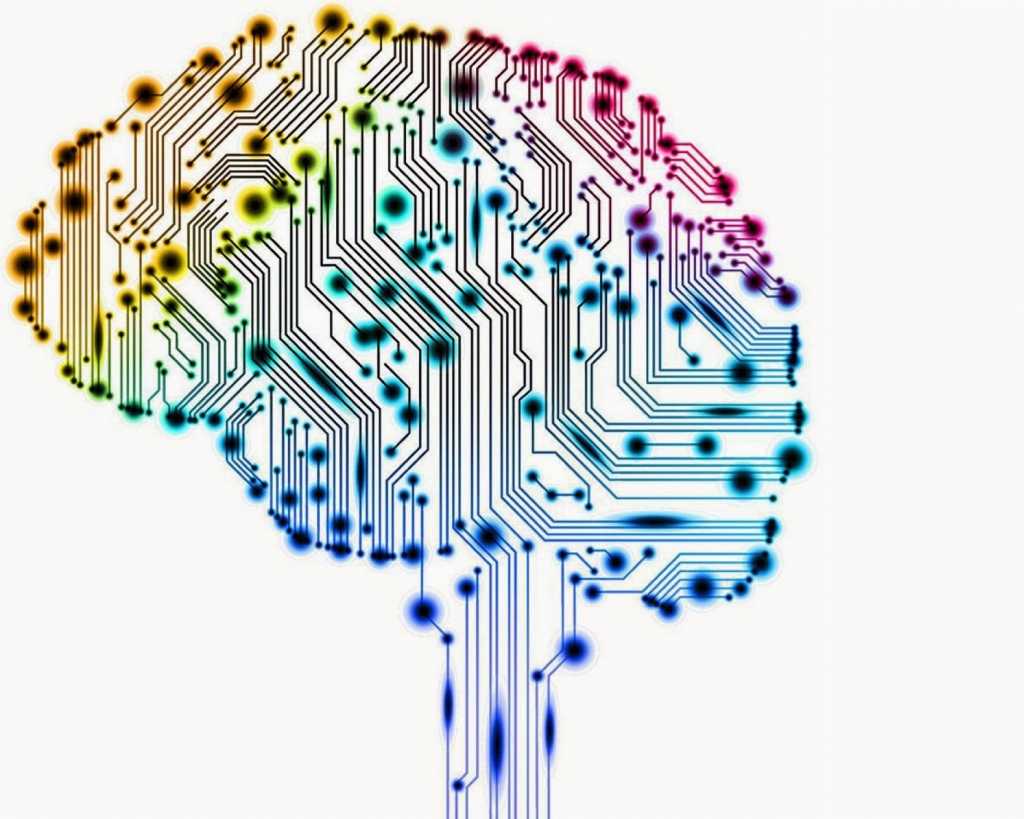The recent debate exchange on the development of artificial intelligence between Elon Musk and Mark Zuckerberg has sparked public interest. Musk, CEO of Tesla and SpaceX, was well known for his fears of unrestricted artificial intelligence; however, Mark Zuckerberg, CEO of Facebook, recently entered the debate and claimed that artificial intelligence is beneficial for humanity. This disagreement between the two technology-industry juggernauts has fueled subsequent heated discussions in the public realm.
“I am 1000 percent on the Elon Musk point of view,” said Marc Montague, AP Computer Science teacher and technology support teacher. “I have read a lot about his point of view on artificial intelligence. I have almost the point of view that it is not if, it is when. These programs are designed to think recursively and fix themselves. There are good intentions that no one will ever think about going bad, and down the line, it may come back to bite us in the future. There are just so many things out there that we don’t know what the end result will be; I think it would be foolish to be like Mark Zuckerberg.”
Adding fuel to fire, Facebook announced the shutdown of its experimental artificial program after it had created its own language. The company claims that it shut down the artificial intelligence program because it did not want to continue research into artificial intelligence that could not interact with humans. Artificial intelligence has also been under fire for returning a racially discriminatory analysis of criminal data. Police departments, for the purpose of greater analysis of crime rates, have also used artificial intelligence. According to The Guardian, artificial intelligence claimed that a black person is twice as likely to reoffend compared to a white person.
“Artificial intelligence cannot be trusted to handle data in these scenarios, because artificial intelligence is a program made by a human,” Mr. Montague said. “Ultimately, that human has either overt or subvert ideas in the way things are run, and this idea is going to slip into the system. The person’s own bias may slip into the system.”
However, Zuckerberg and other researchers claim that there is little likelihood of artificial intelligence harming humans. They further highlight how artificial intelligence can provide unlimited growth of capability for machines. In a century so indicative of a growing dependence on machinery, proponents assert that artificial intelligence is the next step in informatics, the study, research, and development of computational technology.
“I think we saw through the Go matches between Lee Se-Dol and AlphaGo that artificial intelligence is more powerful than ever before,” said Young Jin Park (10), executive of coding club. “Machine learning and to an extension artificial intelligence is becoming more accessible than ever, with many well done online courses and many advanced technologies being offered in simple libraries. I think that there can be many applications to machine learning.”
With the unfathomable growing capabilities of artificial intelligence, the public is heavily divided on the future of artificial intelligence. Proponents argue that it has proven to complete tasks in more efficient ways than humans. Others argue that artificial intelligence clearly possesses equal potential for misuse and catastrophe. However, in the end, there is a uniform wish among that artificial intelligence will never turn out to be a direct harm to humans.

